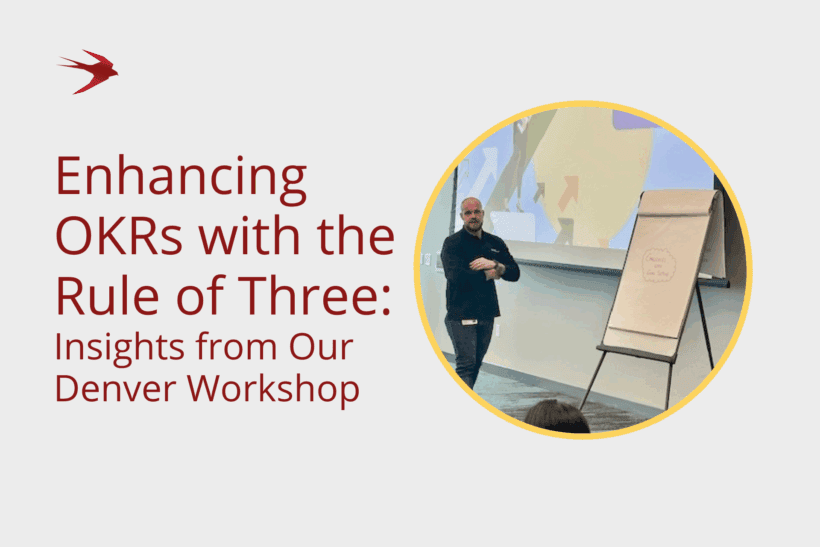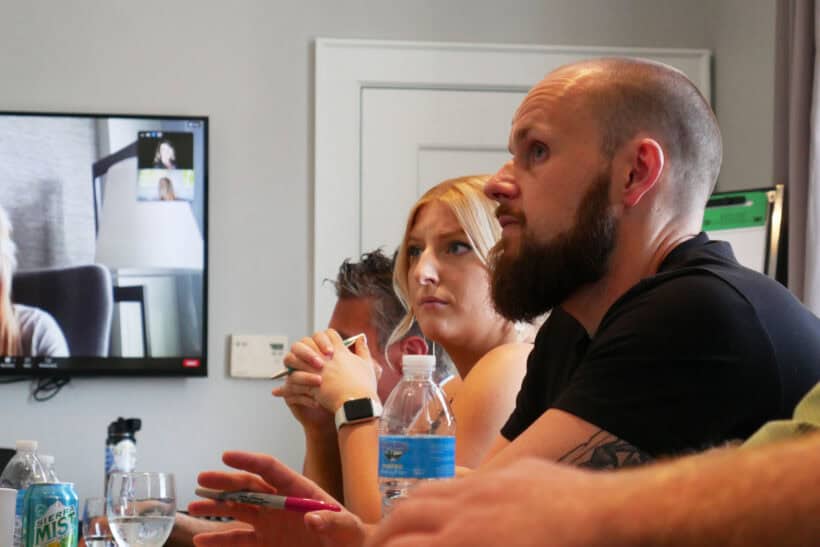In our previous blog post, we looked at some of the misconceptions of Agile coaching. This month, we’ll look at another common question that we hear – “what’s the difference between agile coaching and mentoring?”.
Let’s start by addressing the definitions of both mentoring and coaching.
What is Mentoring?
Mentoring is a form of training and learning to support the personal development of an individual. This can be done through passing on knowledge, advice and experiences, whilst providing support and guidance.
A common mentoring relationship that McKenna Agile Consultants contributes to with our clients is mentoring specific scrum roles such as scrum masters, product owners and release train engineers to mentoring new and upcoming leaders in organisations.
What is Agile Coaching?
As outlined in our previous post, we used the Scrum Alliance definition of agile coaching as someone who “helps individuals, teams, and entire enterprises embrace a culture shift based on proven human-centric agile principles, practices, and values. This culture shift helps people and organizations continue to thrive in the ever-changing world of work.”.
A key part of our role as an agile coach in an organisation is to enable the growth of the people that we work with on a day-to-day basis. To do this, we provide a blended service of coaching and mentoring withing our agile coaching services.
What are Some of the key Differences Between Coaching, Agile Coaching and Mentoring?
Timeframe – A pure coaching relationship tends to have a shorter duration, for example, 6 x 2-hour sessions, whereas mentoring or agile coaching is normally a much longer process that is often part of a wider agile transformation initiative.
Formality – Mentoring sessions can come up more fluidly when the individual requires some support or guidance. However, coaching sessions are more structured in terms of scheduling and the flow of the conversation.
Knowledge and experience – A coach doesn’t necessarily need to know all about the individual’s context and industry to perform their role, whereas a mentor tends to be in a more senior role and have relevant experience to pass on. Although bear in mind that just because someone has lots of years’ experience, it doesn’t always mean that they will be a great mentor. The quality of the experience is what’s important.
Expectation – The expectation between a coach and a mentor is totally different – some clients may think they need a coach, but what they need is a mentor or vice versa. In agile coaching, at McKenna, we set the expectation that we will provide knowledge and experience on the application of an agile mindset and methods when asked, whilst coaching the person to be able to learn from their own experiences in their application of agile.
A Unique Blend of Coaching and Mentoring
Perhaps Indra Nooyi, once the CEO of PepsiCo, summed it up best – “If I hadn’t had mentors, I wouldn’t be here today. I’m a product of great mentoring, great coaching… Coaches or mentors are very important.”.
When we are engaged on a transformation as an Agile Coach, we want to deliver a unique blend of coaching and mentoring to the people that we are working with. We aim to give them time and space to think for themselves, encourage experimentation, pass on our knowledge and experience where appropriate and hold unconditional positive regard for the person.
The role of an agile coach is not a mentor, but mentoring is a large part of how an agile coach can be a successful part of your agile transformation.


